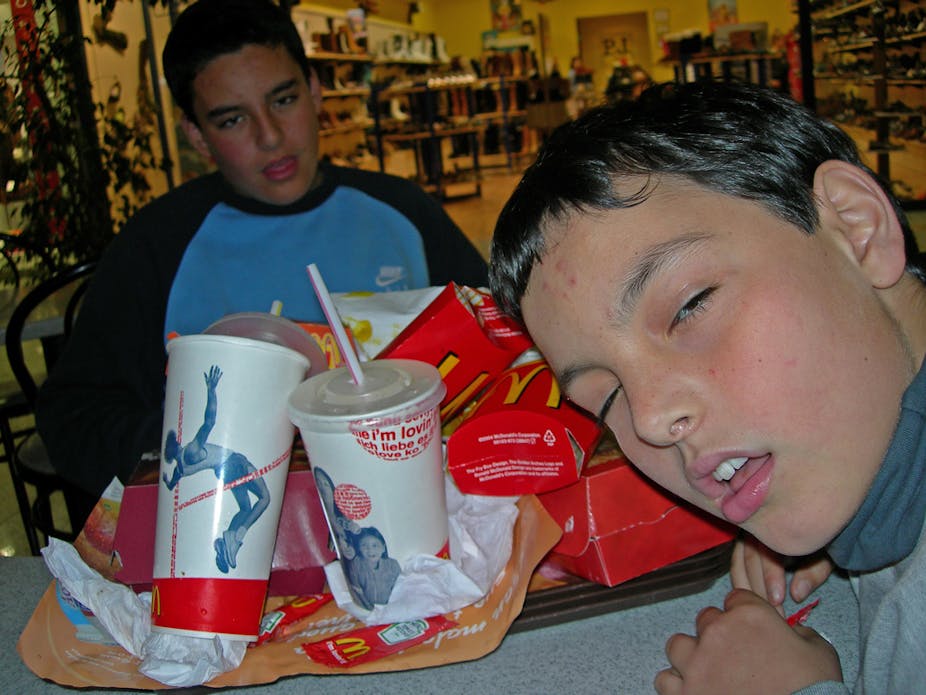Governments should tax added sweeteners and limit their sale to people over a certain age, say health experts who consider sugar just as toxic to our health as alcohol.
The consumption of sugar has tripled worldwide over the past 50 years, they say, leading to an increase in chronic, non-communicable diseases such as diabetes, cancer and heart disease.
“Sugar is pleasure. So too is alcohol, but in both cases, too much of a good thing is toxic,” write the obesity and health policy experts from the University of California, San Francisco. Their article, ‘The toxic truth about sugar’, is published today in the journal Nature.
But the controversial proposal to police sugar consumption would achieve nothing, Dr Alan Barclay, head of research at the Australian Diabetes Foundation, said.
“It’s ridiculous. It’s nutritionism at its worst - pick on a food and demonise it. Singling out one component of our diet will not solve the problem.
"The problem is that people today eat too much of everything and exercise too little. Exercise and activity are being increasingly removed from modern life.”
Last September, the United Nations announced that chronic, non-communicable diseases contributed to 35m deaths annually. For the first time in history, that toll outstripped the number of deaths from infections diseases.
“The UN announcement targets tobacco, alcohol and diet as the central risk factors in non-communicable disease,” the authors write. “Two of these three - tobacco and alcohol - are regulated by governments to protect public health, leaving one of the primary culprits behind this worldwide health crisis unchecked.”
“Consequently, we propose adding taxes to processed foods that contain any form of added sugars. This would include sweetened fizzy drinks (soda), other sugar-sweetened beverages (for example, juice, sports drinks and chocolate milk) and sugared cereal.”
Other tobacco and alcohol “control strategies” that could be used involve limiting the availability of sweetened products, mainly by reducing hours of opening for shops, controlling the location and spread of shops, and introducing an age below which it would be illegal to buy specified products.
The authors acknowledge that their proposal faces an “uphill political battle” against the sugar lobby, but they argue that “with enough clamour for change, tectonic shifts in policy become possible”.
In Australia and many other countries, people consume an average of more than 400 calories per day from added sugar, according to figures compiled by the Food and Agriculture Organisation of the United Nations.
But Dr Barclay said that in Australia, sugar consumption had dropped 23% since 1980. Despite this, over the same period cases of overweight or obese people had doubled, and diabetes had at least tripled.
“[Sugar] is only ‘toxic’ in unrealistic amounts and to suggest that consuming sugar is a form of abuse is one of the worst cases of puritanism that I have seen in a while. Just like anything else, sugar should only be eaten in moderation.”

